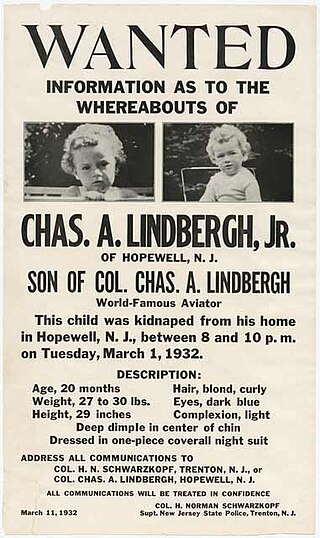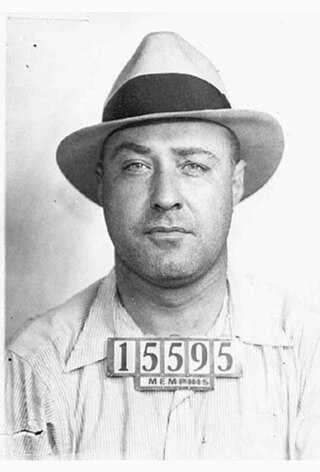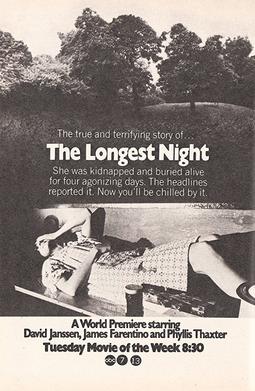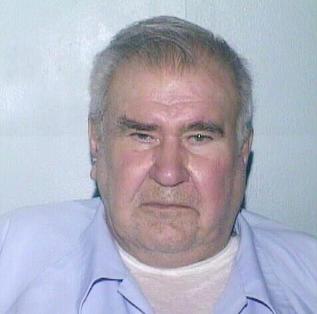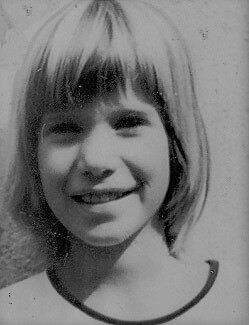Timeline
This article needs additional citations for verification .(November 2024) |
Events Before Kidnapping
Barbara was attending Emory University in Atlanta, Georgia, when she fell ill with the Hong Kong flu when a pandemic struck the campus. Mackle fell ill earlier in December, [1] but the illness progressed until she had to leave during an exam. Jane, travelled to Atlanta to take care of her daughter and drive her back to the family home in Coral Gables, Florida, for the Christmas break. Before they departed, they stayed at a nearby Rodeway Inn. That night, Barbara's boyfriend, Stewart Hunt Woodward, visited them. [1] [2]
Kidnapping
On December 17, 1968, prison escapee Gary Steven Krist (wearing a mask and holding a shotgun) and his accomplice, Ruth Eisemann-Schier (wearing a ski mask), knocked on the door of the room Barbara and Jane were sharing at the Rodeway Inn at approximately 4 a.m. [3] From outside, Krist told Barbara that there had been in a traffic accident. [2] Fearing that it may have been Stewart involved in the accident, Mrs. Mackle let them in. [2] Once inside, Krist and Eisemann-Schier chloroformed and bound Jane and forced Barbara at gunpoint into the back of their waiting car, informing her that she was being kidnapped. They drove Barbara to a remote pine stand off South Berkeley Lake Road in Gwinnett County near Duluth and buried her in a shallow trench inside a fiberglass-reinforced box. The box was outfitted with an air pump, a battery-powered lamp, water laced with sedatives, and food. Two plastic pipes provided Mackle with outside air.
Ransom Demand
Eisemann-Schier and Krist demanded a $500,000 ransom ($4.28 million in 2023 dollars) from Mackle's father. [1] The first attempt at a ransom drop was disrupted when two policemen drove by. The kidnappers fled on foot and the FBI found their car abandoned. Inside the car were photographs of a man with a policeman's hat and the car registration in the name of George Deacon.
The second ransom drop was successful, but there was no word from the kidnappers. The FBI was able to trace George Deacon to the University of Miami, where they discovered he built ventilated boxes for a living. Deacon's boss provided the name of Ruth Eisemann-Schier, who also worked at the university, as someone Deacon spent time with. The FBI was contacted by a local man in Georgia claiming he had just bought a small trailer from a man and found some odd paperwork inside. The FBI found letters addressed to George Deacon and Gary Krist, who had escaped from a California prison in 1966. When the FBI compared fingerprints found in the car to those found in Krist's file, they discovered Deacon and Krist were one and the same.
Rescue
On December 20, Krist called and gave a switchboard operator of the FBI vague directions to Mackle's location. The FBI set up their base in Lawrenceville, Gwinnett's county seat, and more than 100 agents spread out through the area in an attempt to find her, digging the ground with their hands and anything they could find to use. Mackle was found and rescued, suffering from dehydration but otherwise unharmed. She had spent more than three days buried underground.
Mackle was asked how she had remained so positive not only during the kidnapping but after, when she showed no ill effects from the ordeal. She claimed she would imagine spending Christmas with her family and never doubted she would be rescued.
Aftermath
Barbara was returned to her family after being rescued. She later married and had children. [3]
